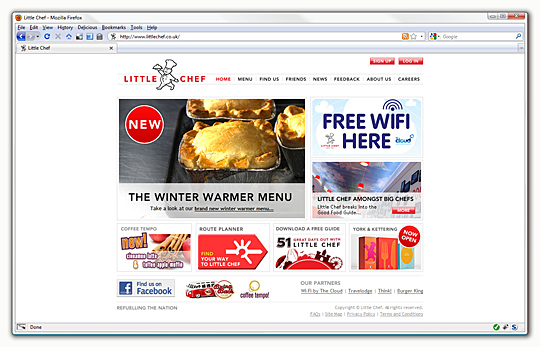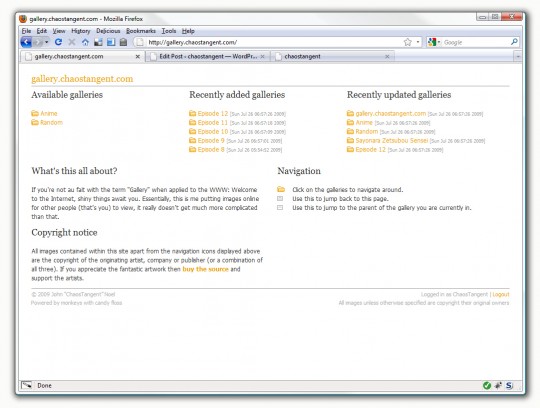
The release of PHP 5.3 is due sometime soon and with a feature freeze in place since the 24th of July and a pre-release alpha now available, it's worth exploring some of the many additions and changes that are going to be introduced.
As PHP is the language I most frequently work in and one which I've done all sorts with (from web applications, to file exploration to media player scripting), I like to think I'm sensitive to deficiencies and oddities in the released implementations. Version 5.3 contains a lot of elements backported from the still distant version 6, the most glaring omission being end-to-end Unicode support without mb_* fudges or iconv; being able to use string-backed functions like array_unique() without suspicion will be a big help, but I digress.
The most high-profile addition is that of namespaces, gone will be the warts that dot current frameworks (e.g. Zend_Db_Table_Rowset) which will make different frameworks and modules far easier to use and far more friendly when you want them to play nicely together.
PHP and MySQL have always been bedfellows despite their conflicting release licenses
Static functions have also been promoted to all a lot of the meta-programming niceties that member functions have including true overloading support which will allow first level abstractions such as database wrappers to not require instantiation before being called (which I discovered around the same time as my get_class exploration). For instance, if using an ORM, doing People::getAllById() will now be easier to achieve. Along side this many of the magic methods have been tightened up to make them less ambiguous (__get can only be public and not static, signatures enforced etc.)
Looking through some of the other changes detailed in the PHP Wiki it seems that a selection of new functions surrounding garbage collection are now being exposed including checking whether it is enabled, and selectively enabling or disabling it. Whether this is a mistake (close by get_extension_funcs() is detailed as a new function but appears to have been in since PHP4) and these are bleed-throughs from the Zend Engine is unclear, but without some surrounding memory management facilities, it would seem unwise to disable or allow disabling of garbage collection.
On the extension front numerous ones have been standardised and moved into the PECL system which goes some way to neatening things up; the change some are talking about is the choice between a local MySQL library (mysqlnd) versus the native libmysql library that comes when compiling against a MySQL release. PHP and MySQL have always been bedfellows despite their conflicting release licenses (especially so since Sun gobbled up MySQL) so this seems like a smart move for all concerned with separate code-base, better engine integration and statistical analysis now possible (PDF details).
What all of this adds up to is a release that's solid on paper, but the bum-rush for patches is sure to be as swift as any other PHP release. Especially with the OO enhancements though, it feels like these should have been included from day one, as not only will there now be a disjoint between PHP4 and PHP5 shared servers, but PHP5.2 and PHP5.3 as well. For someone who runs their own server this is not massive worry, especially when the list of backwards compatibility changes are so small, but for service providers (hosts, ISPs etc.) still dragging their feet over 4 > 5 > 5.2, this adds another step of complexity.
The real test will obviously be the frameworks and high profile applications that PHP utilises and with word that the Zend Framework won't be supporting namespaces until its 2.0 release next year the lead time could be immense, especially when you consider phpBB, what was once considered the yardstick of PHP usage, still supports 4.3 with its most recent version, the playing field for cutting edge PHP seems less than agile.
Read the rest of this entry


